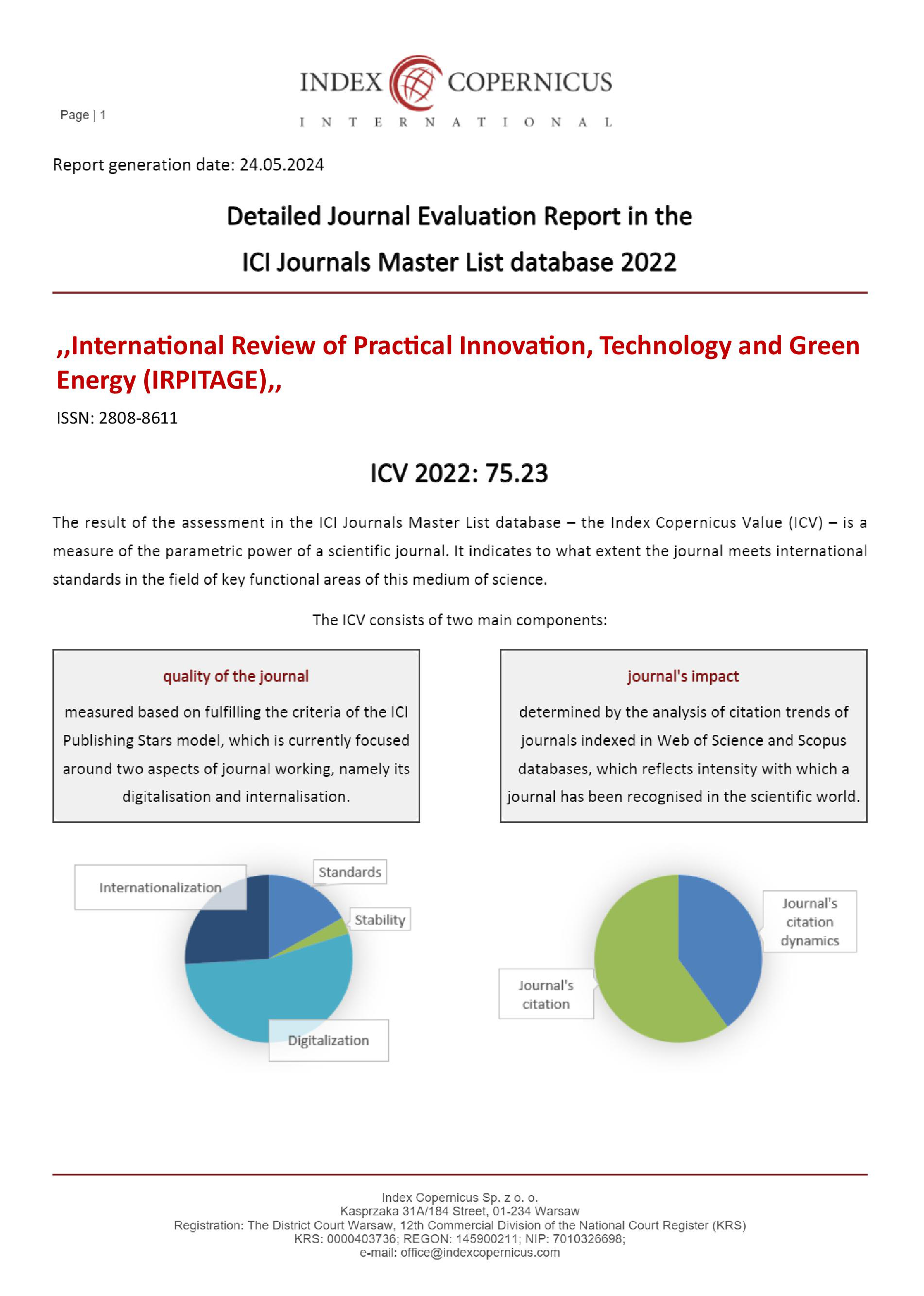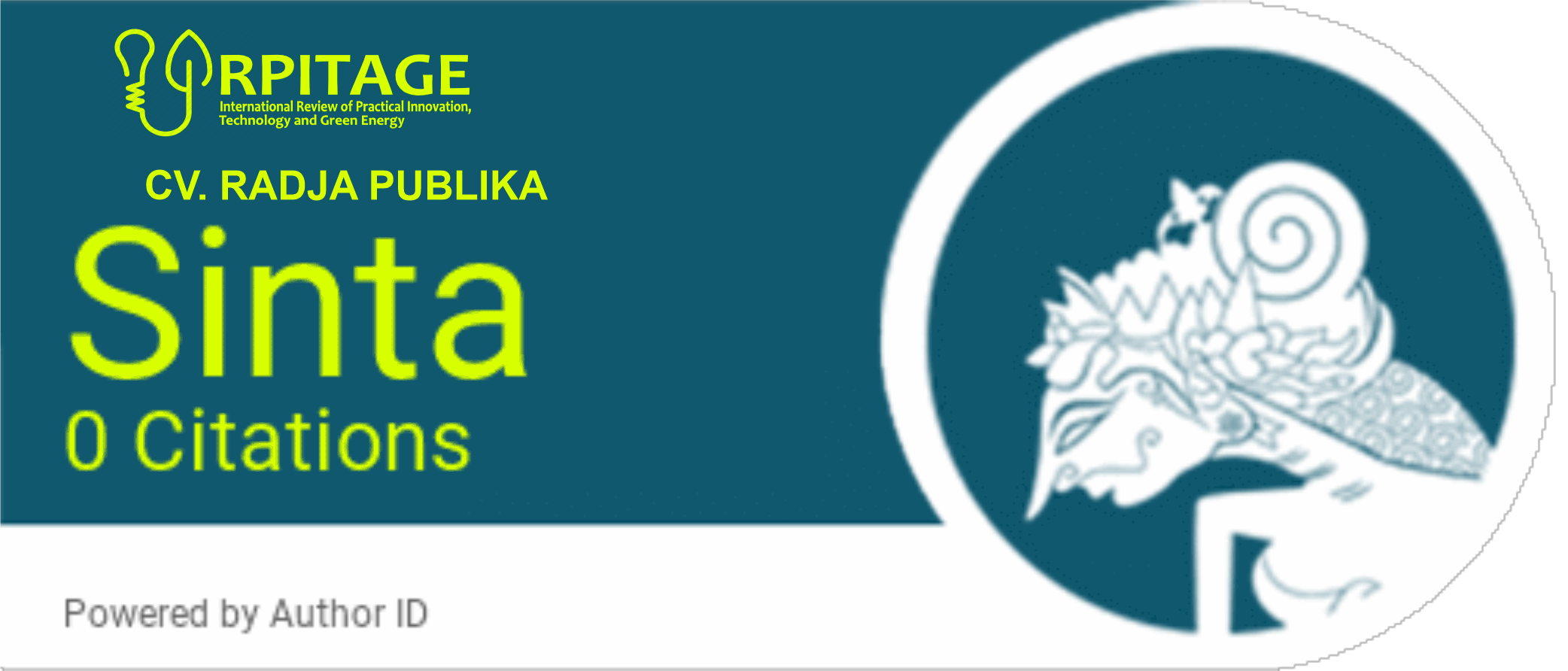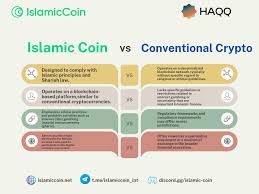POSITION AND ROLE OF DIGITAL MONEY IN THE ECONOMY MACRO PERSPECTIVE OF ISLAMIC VS CONVENTIONAL ECONOMICS
Main Article Content
Samsudin
M. Shabri Abd. Majid
Isnaini Harahap
The development of information technology has given birth to an innovation in the financial system, namely digital money (cryptocurrency). Conventional economics sees digital money as a tool to improve efficiency, financial access and economic growth. However, there are concerns regarding financial stability, regulation, and potential abuse. On the other hand, Islamic economics has different principles. expand_more Digital money must be sharia-compliant, such as the prohibition of riba, gharar, and maysir. This poses its own challenges in adopting digital money in the Islamic economic framework. This study aims to explore and analyze the position and role of digital money in the economy from Islamic and conventional macroeconomic perspectives, and identify its implications for the global economy. It is hoped that this research can provide insights into the integration of digital money in different economic systems and how to utilize this technology to achieve more inclusive and sustainable economic goals.
Adistya, H., Maula, MM, & Abadi, MT (2024). The meaning of the concept of money and the problems of usury and interest from the perspective of Islamic macroeconomics. Journal of Business Economics and Management, 2(1), 180–189.
Adlini, MN, Dinda, AH, Yulinda, S., Chotimah, O., & Merliyana, SJ (2022). Qualitative research method: literature study. Edumaspul Journal, 6(1), 974–980.
Agestina, NI, Amin, M., & Anwar, SA (2020). Analysis of the Influence of Minimum Capital, Understanding of Investment and Information Technology on Students' Interest in Investing in the Capital Market Viewed from an Islamic Economics Perspective (Study on Students of the Faculty of Economics and Business, Islamic University of Malang). E_Scientific Journal of Accounting Research, 9(01).
Amry, AD, Putra, RA, Jakala, MH, Awaliyah, SB, Futri, NA, & Putri, A. (2023). The Influence of the Value of Non-Cash Payment Transactions (E-Money) and Economic Growth on Cash Circulation in Indonesia from an Islamic Economic Perspective. Maro: Journal of Islamic Economics and Business, 6(2), 210–219.
Arfaizar, J., Ayu, N., Riyanto, F., Yusdani, Y., & Muliadi, S. (2023). Innovation and Challenges of Sharia Banking in the Digital Era in Indonesia. WADIAH, 7(2), 163–191.
Armina, SH (2020). The influence of macroeconomic variables on the amount of zakat collection in Indonesia. Journal of Economics, 25(2), 199–214.
Azizah, NM, Anggraeni, L., & Irawan, T. (2020). The influence of financial and macroeconomic performance on share prices in the consumption industry sector. Journal of Economics, 25(2), 304–319.
Burhanuddin, SF (2022). Cryptocurrency transactions: How does Islamic economic law view it? Fair Value: Scientific Journal of Accounting and Finance, 4(7), 2849–2858.
Fahrika, AI, & Roy, J. (2020). The impact of the Covid 19 pandemic on macroeconomic developments in Indonesia and the policy responses taken. Innovation, 16(2), 206–213.
Hany, IH, & Islamiyati, D. (2020). The influence of ZIS and macroeconomic factors on poverty levels in Indonesia. Journal of Economics, 25(1), 118–131.
Harahap, AM (2018). MONEY THEORY IN ISLAMIC MACROECONOMICS: MONEY THEORY IN ISLAMIC MACROECONOMICS. Al-Razi: Journal of Science and Society, 18(2), 1–16.
Haryati, S. (2009). Bank credit growth in Indonesia: Intermediation and the influence of macroeconomic variables. Journal of Finance and Banking, 13(2), 299–310.
Ilyas, R. (2016). The concept of money from an Islamic economic perspective. BUSINESS: Journal of Islamic Business and Management, 4(1), 35–57.
Irawan, F., & Putri, HE (2020). Interaction of Capital Aspects, Financing Risk, and Macroeconomic Indicators in Affecting the Profitability of BPRs in Indonesia for the 2014-2018 Period. Benefita Journal, 5(3), 401–412.
Pradiningtyas, TE, & Lukiastuti, F. (2019). The influence of financial knowledge and financial attitudes on the locus of control and financial management behavior of economics students. Journal of Minds: Management of Ideas and Inspiration, 6(1), 96–112.
Pratama, MD, & Pimada, LM (2022). ANALYSIS OF THE INFLUENCE OF MACROECONOMIC VARIABLES ON CORPORATE SUKUK IN INDONESIA 2014-2021. Islamic Economics and Finance in Focus, 1(3), 199–211.
Putri, JK (2022). The Role of Foreign Investment in Developing the Economy in Indonesia. Journal of Social Research, 1(3), 201–212.
Ramadhan, H., & Aminah, S. (2016). Legal Protection for Electronic Money Users in Carrying Out Transactions in View of Bank Indonesia Regulation Number 16/8/pbi/2014 concerning Electronic Money (E-money). Diponegoro Law Journal, 5(2), 1–18.
Rumapea, MS (2019). Legal Protection Against Embezzlement of Electronic Money in Electronic Transactions. Journal of Law Rules: Legal Communication and Information Media and Society, 18(3), 27–39.
Sanusi, M., Rahman, M., & Herianingrum, S. (2019). Analysis of macroeconomic variables on NPF of sharia banking in Indonesia. Journal of Economics, 24(3), 335–349.
Shiddiqy, MA (2023). ANALYSIS OF ISLAMIC BANKING OPPORTUNITIES AND CHALLENGES IN THE DIGITAL ERA. JASIE, 2(1).
Susetyo, DP, & Firmansyah, D. (2023). Economic Literacy, Financial Literacy, Digital Literacy and Financial Behavior in the Digital Economy Era. Economics and Digital Business Review, 4(1), 261–279.
Syahputra, A., & Khairina, K. (2022). The Position of Cryptocurrency as an Investment in the Islamic Economy. Al-Mustashfa: Journal of Sharia Economic Law Research, 7(2), 139–154.
Tripuspitorini, FA, & Setiawan, S. (2020). The influence of macroeconomic factors on the growth of third party funds in Islamic commercial banks in Indonesia. Journal of Accounting and Finance Research, 8(1), 121–132.











